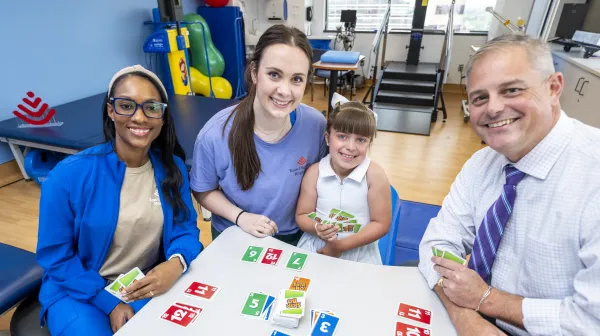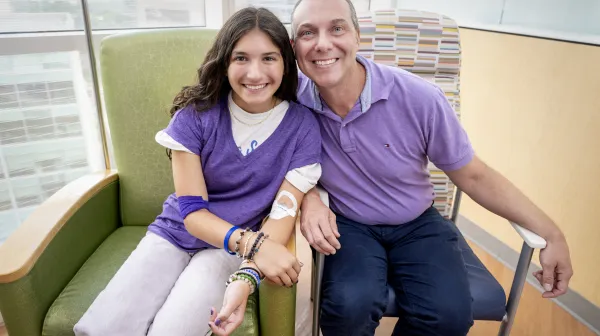Sarah is an 18-year-old woman from a small village in Malawi. After a missed menstrual period, she found out she was pregnant – something she had not planned for. She sought out her village elders for help, who directed her to an “auntie.” This auntie performed a procedure with a cassava root to induce a miscarriage.
In the immediate days following her visit with the auntie, Sarah began to experience intense pain, fever and worsening fatigue. When Sarah arrived at the nearest health center, she was referred to Kamuzu Central Hospital (KCH) in Lilongwe, Malawi, where Texas Children’s Hospital and Baylor College of Medicine physicians and medical residents are placed. By the time Sarah got to KCH, her abdomen was swollen. Dr. Rajab, a local physician working with Baylor, and I discovered the membranes lining her abdomen and internal organs were inflamed – a sign that she was in septic shock. When a patient goes into septic shock, the widespread infection can lead to organ failure, low blood pressure and even death. We immediately started Sarah on antibiotics to combat the infection and arranged for her to have emergency surgery.
During surgery, we found a belly filled with pus, likely a result of the procedure from the auntie – an unsafe abortion. We discovered the main source of the infection was her uterus. Likely due to the trauma from the cassava root, Sarah’s uterine tissue was dead, and the uterus needed to be removed. Even after the surgery was over, she was still in septic shock and had to be taken to the intensive care unit for close monitoring.
For the next 10 days, our team of OB/GYN consultants, residents and interns focused on helping Sarah recover. She began to improve, day by day. Her fevers subsided, and she became more alert. She started to eat solid food and was soon walking. Before we knew it, Sarah was back to her normal, teenage self. Finally, after 25 days, Sarah was discharged from the hospital. She returned to her home village, and she hopes to one day start a business selling mandazi, which are similar to doughnuts. If it weren’t for the work done at KCH, alongside Sarah’s own ability to visit a local health center for a referral, she wouldn’t be able to pursue this dream at all.
It’s estimated that 830 women die from pregnancy-related causes every single day across the globe. In fact, nearly 99 percent of these deaths occur in developing countries, most commonly amongst women from rural and poor communities. Some of the main causes behind these deaths include hemorrhaging (loss of blood), infection, preeclampsia (pregnancy-related high blood pressure), unsafe abortions and cardio-respiratory issues. We need to push for continued medical training in these developing countries alongside a stronger capacity to offer mental health services to ensure more women don’t continue to suffer and perish from pregnancy-related complications.
Fortunately, the number of pregnancy-related deaths is gradually decreasing and will continue to do so through a commitment to improving medical education and building health care capacity in Malawi. Baylor and Texas Children’s Global Women’s Health programs are committed to training Malawian medical professionals to ensure sustainability and high-quality medical care to its patients, and we hope to hear more success stories similar to Sarah’s in the future.
The patient's first name was changed throughout this blog to protect her privacy. If you’re interested in learning more about Texas Children’s Global Women’s Health, alongside many other Texas Children’s Global Health programs, click here.




